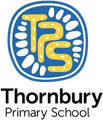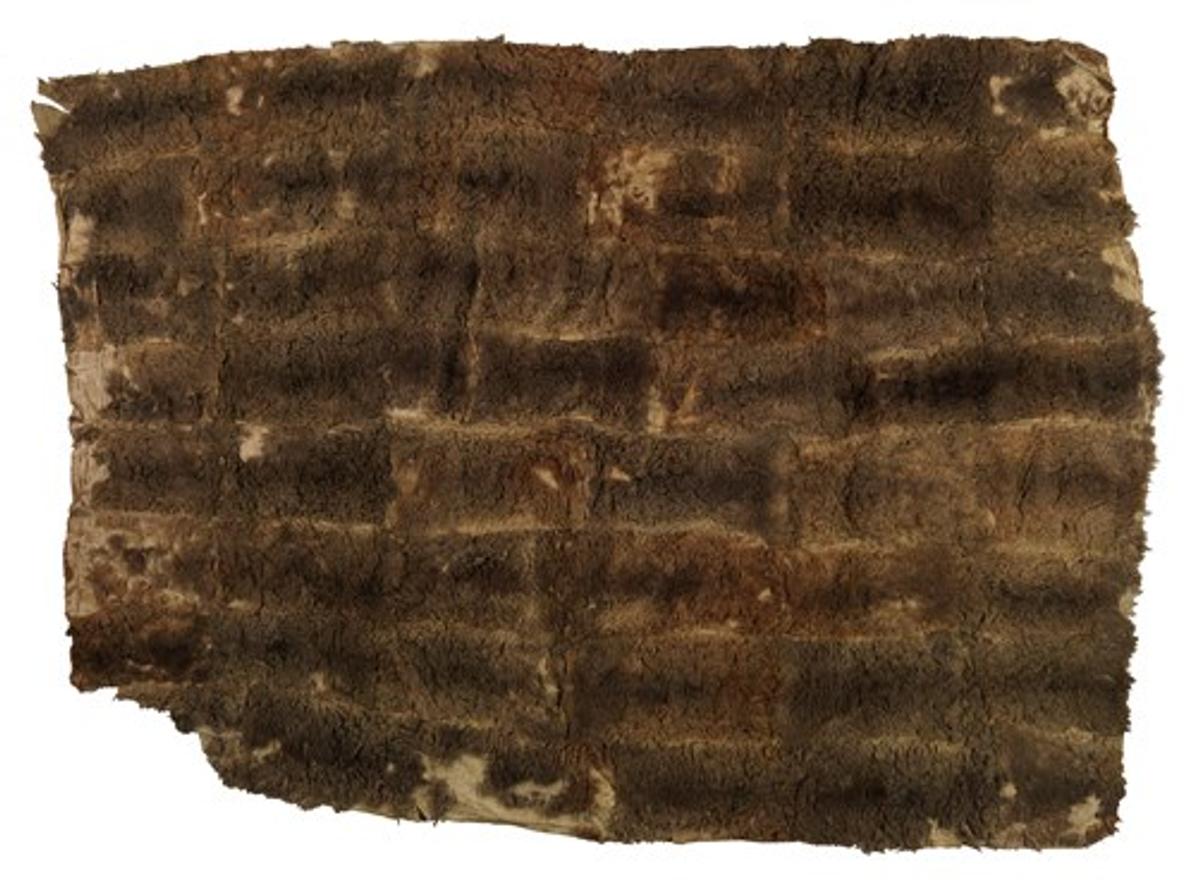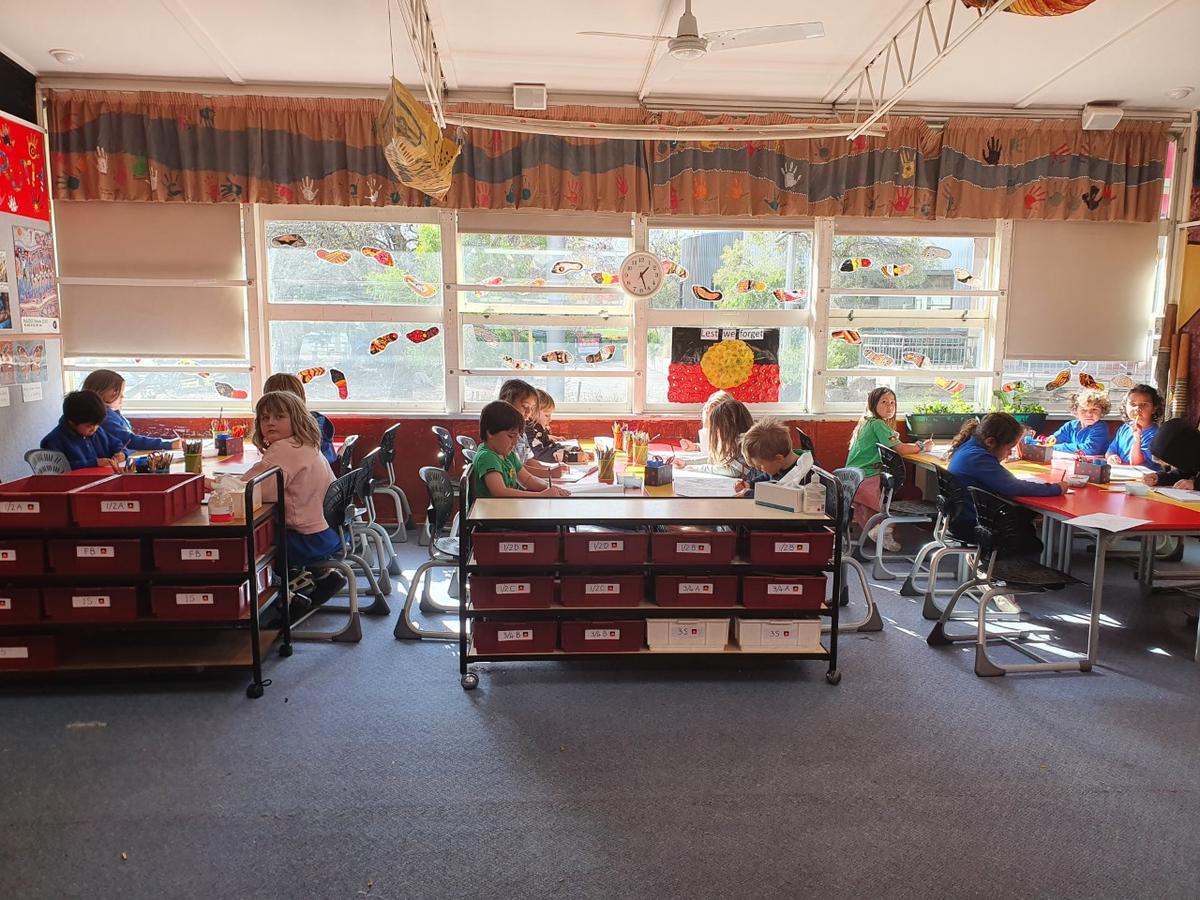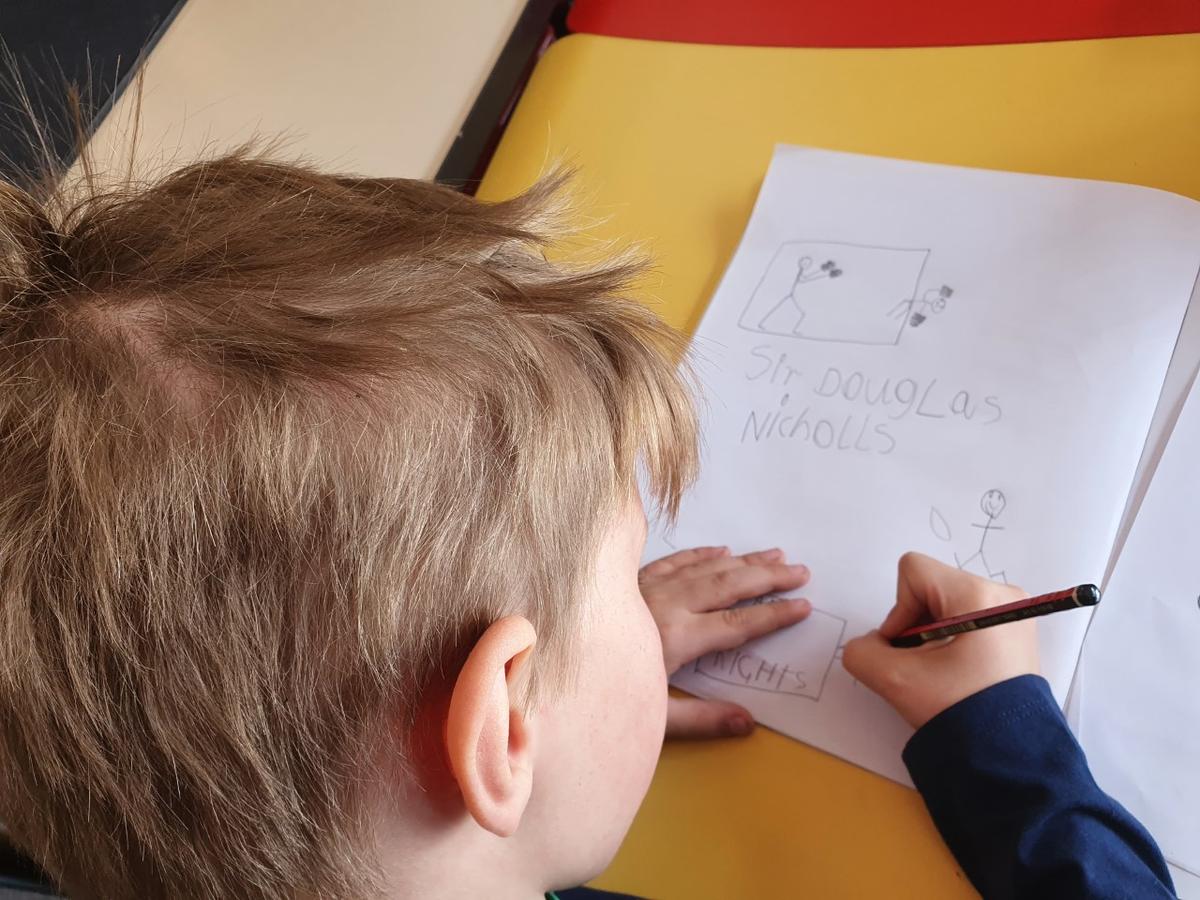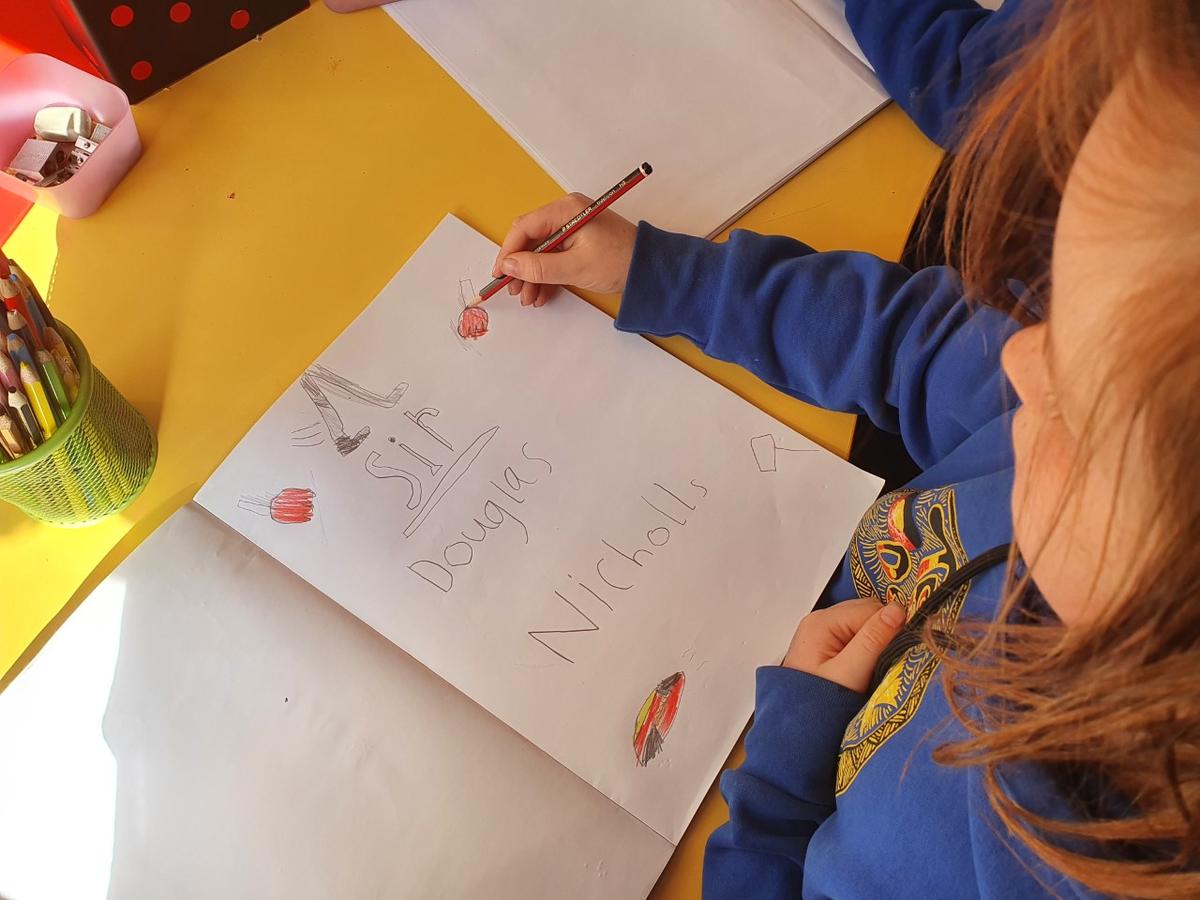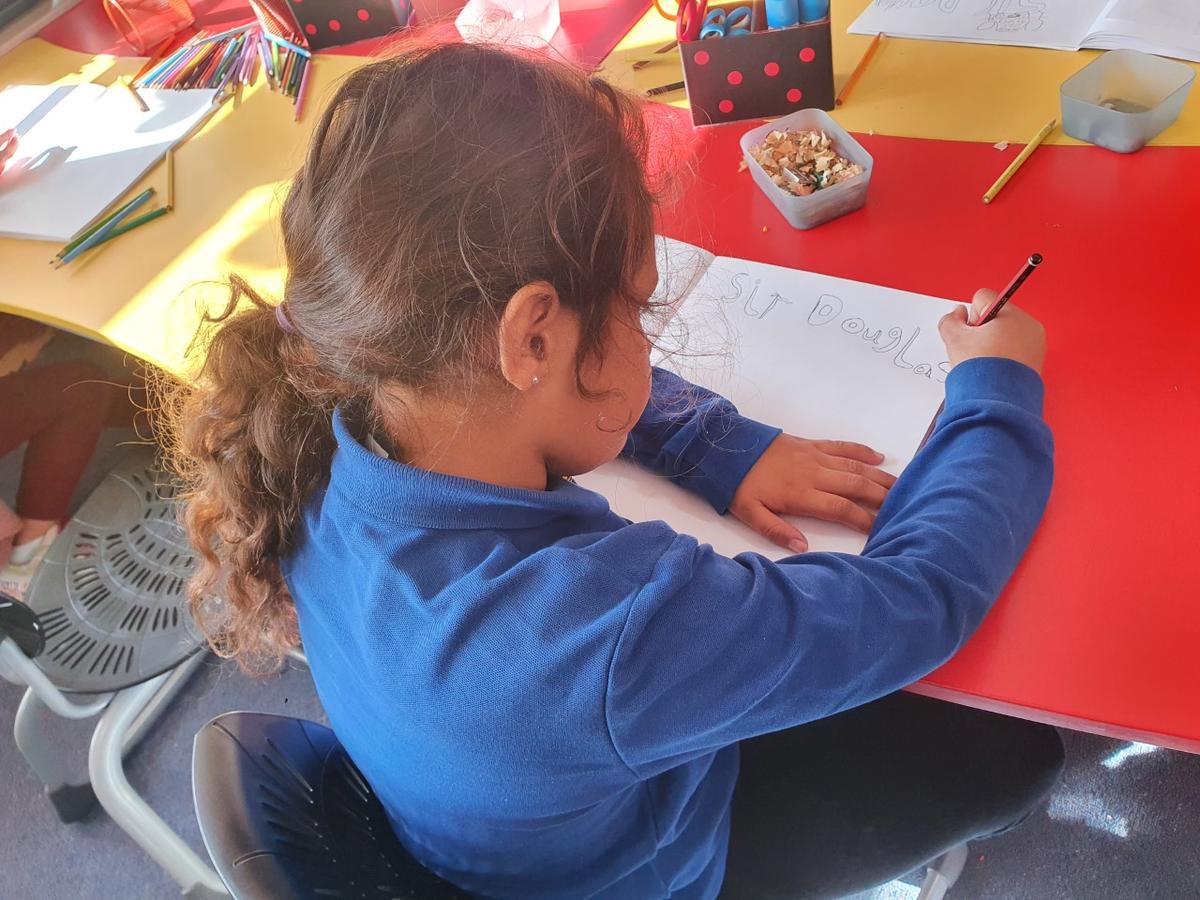Language & Culture Program
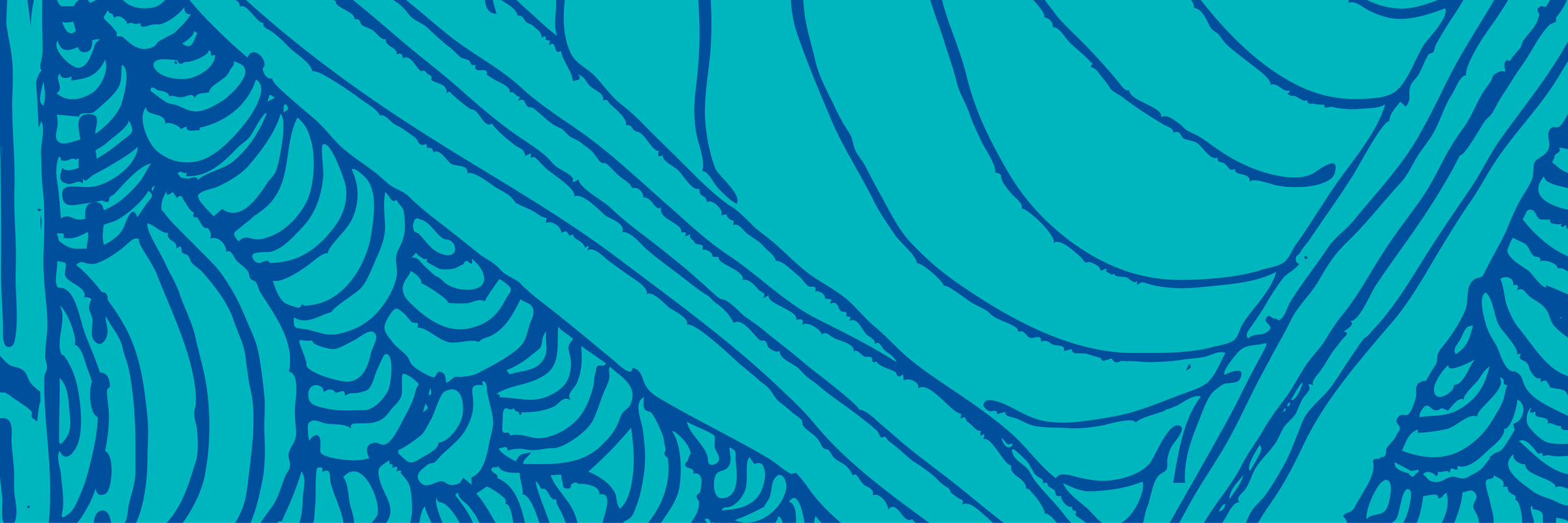
Kii, Deadly TPS community, biladu-njan wat/how are you all? And in the words of my Yawuru language...Ngaji gurrjin/Hello everyone!
This term, we will continue learning about the following two Wurundjeri Seasons in Melbourne:
- Wundabil Tadool-Marguk - Thunderstorm and Rug-Sewing Season. High west wind electrical storms normally occur in this early Autumn period from mid March to mid April.
Because of these electrical storms, Wurundjeri activities in traditional times were again centred around their wilam (homes). It was during this time that the pelts accumulated over the eel and inter-clan business season were converted to rugs, cloaks, carry bags and suchlike.
You can read about two possum skin cloaks that are currently in the care of Melbourne Museum:
https://museumsvictoria.com.au/article/the-timeless-and-living-art-of-possum-skin-cloaks/
- Birrang Tonimbuk - Morning Mist and Burning-Off Season, generally occurred mid April to mid May when the weather is normally cool and dry, with morning dew and gentle winds. This period was the common burning off time for Wurundjeri areas but also for many other areas across Australia, when the weather allowed for travel and annual firestick farming practices to take place. Some areas of land were also burnt off, outside the cool, dry season as circumstances required, but regardless of the timing, all burning off was patterned and never random.
With thousands of years of knowledge and experience, Aboriginal people became masters of cold fires and mosaic burning, and largely reduced the risks of disastrous bushfires, which have become a common occurrence since much of the firestick farming activity was quickly suppressed in colonial times.
Firestick farming still takes place in areas around Australia, and is being more closely considered in other areas, to help with land and bushfire management. View these videos to learn a little about firestick farming:
(Reference for the seasons: The Eight Wurundjeri Seasons in Melbourne, Jim Poulter, 2015)
All students will learn about:
- Sir Douglas Nicholls and the history of the specific AFL football round that is named after him;
- National Sorry Day, which is held on May 26, and the Stolen Generations.
They will also learn about Reconciliation Week and the two key dates that bookend this special week in the National calendar of events:
- May 27, the anniversary of the 1967 Referendum when Australians voted to include First Nations people in the national census as part of the Australian population and to allow governments to make laws for them;
- June 3, Mabo Day, which commemorates Mer Island man Eddie Koiki Mabo, and his successful efforts in the High Court of Australia, to overturn the legal fiction of terra nullius, or 'land belonging to no-one' and which saw him win land rights for his people.
The main language focus in Foundation for Term 2 continues to be about learning some basic classroom commands, toilet and drink requests, answering yes/no to simple questions, basic greeting and farewell, greeting song, birthday song, as well as the introduction of family/people and body part nouns. Foundation students will continue to develop their awareness of the sounds in the Woiwurrung language through focused listening and repetition of the language being modelled.
Students in year one to six are continuing to learn and practice greetings and introductions, basic conversation phrases and classroom commands.
They will continue to grow and consolidate their vocabulary knowledge of family/people nouns, class totem animal names, body part nouns and relevant topic words. Students will also continue to develop their knowledge of the different sounds in the Woiwurrung language, and depending on their grade level, the associated letter patterns used to write these sounds: Year 1/2 will focus on short vowels and single letter consonants; Year 3-6 will focus on short and long vowels, single and double letter consonants. Students will continue to develop their knowledge and understanding of basic Woiwurrung grammar, with a particular focus on the use of suffixes to determine subject (the do-er), object, and tense (time).
Have a chat with your child/ren about what they are learning.
Twaganin (Woiwurrung) Galia (Yawuru) / See you later
